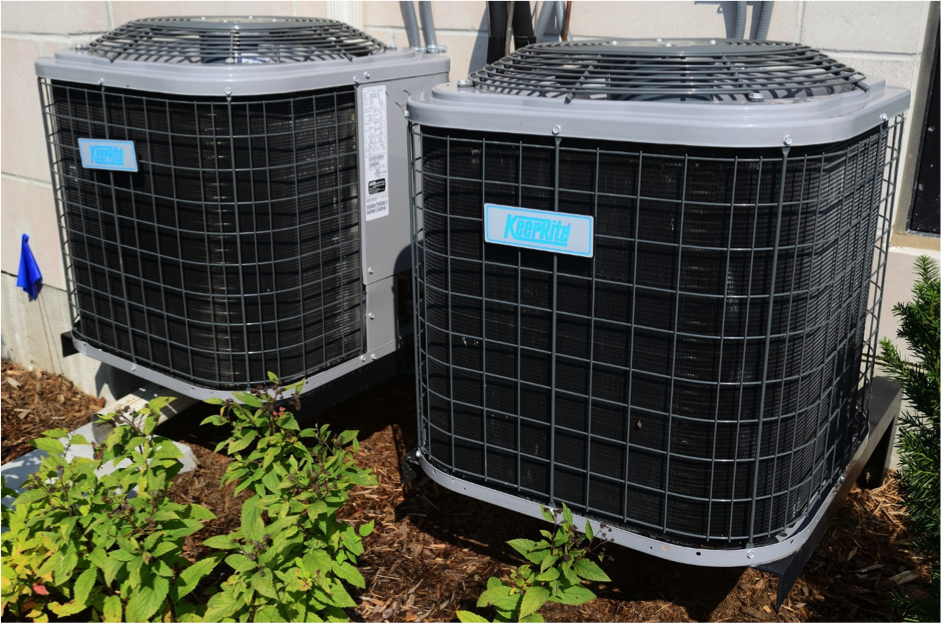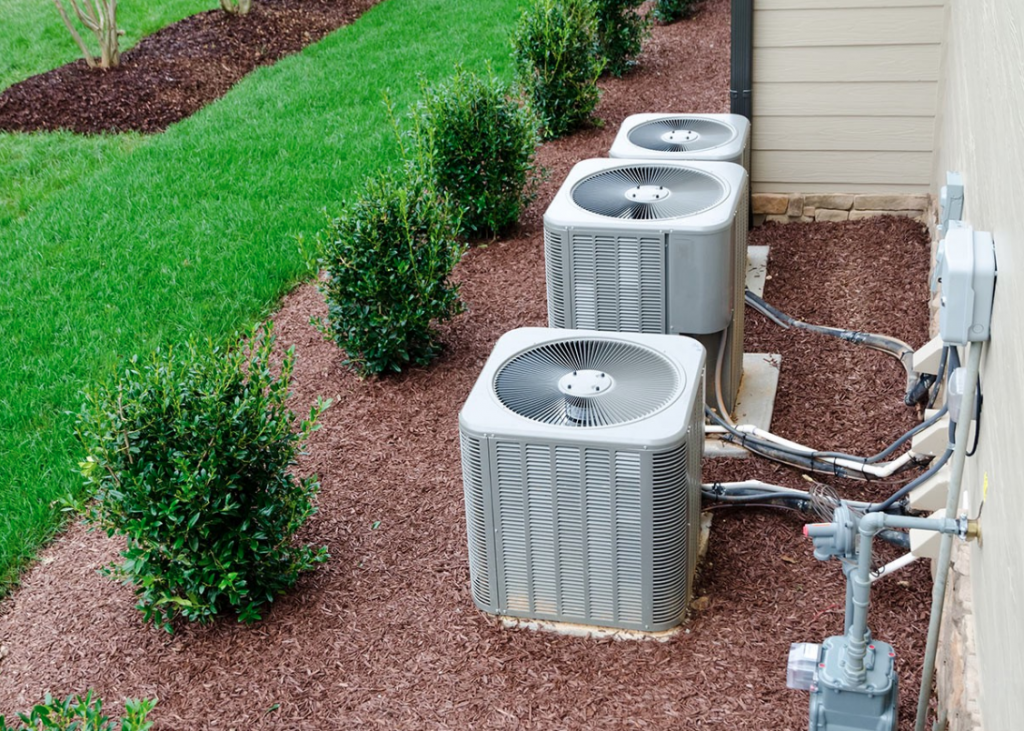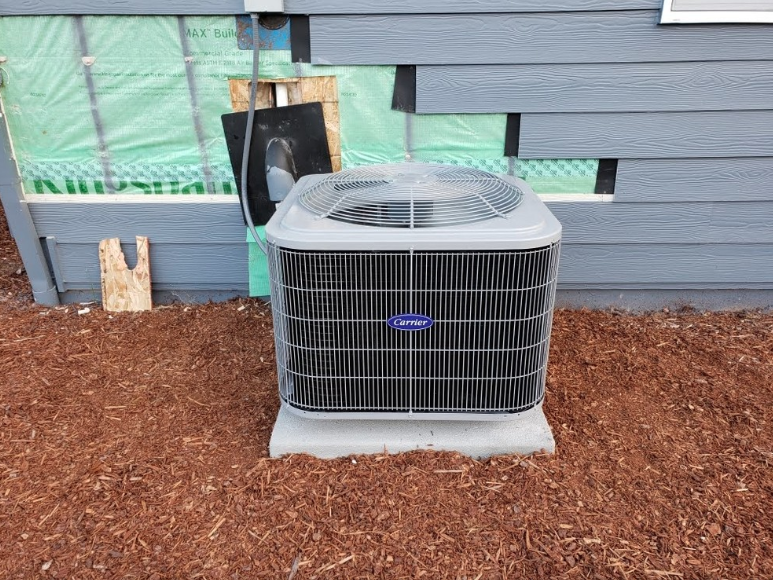
A multitude of factors shapes the ambiance of a home – the color of the walls, the softness of the furnishings, and the design elements that capture our senses. Yet, the heating and air conditioning system is one of the most underappreciated contributors to a home’s comfort and aesthetics. Far from being just functional units, these systems profoundly influence how we experience our homes.
Creating a Perfect First Impression
When someone steps into your home, the ambient temperature sets the tone for their experience. A well-maintained heating and air conditioning system ensures your home is always inviting, welcoming guests into a cocoon of comfort.
Space Optimization and Design Flexibility
Modern HVAC units offer the flexibility of placement. Wall-mounted units, ceiling cassettes, and floor models allow homeowners to choose a unit that best fits their space and design aspirations. With multiple placement options, homeowners can optimize space, especially in smaller homes or apartments.

Economic and Aesthetic Benefits of Zoning
Zoned heating and cooling systems enable homeowners to set different temperatures in various parts of the house. Not only does this cater to the specific comfort preferences of occupants, but it also allows for the creative segmentation of living spaces. A sunroom can be more relaxed in summer for afternoon relaxation. At the same time, a basement can be warmer in winter for cozy movie nights.
Silent Elegance
Today’s advanced HVAC systems operate with a whisper-quiet elegance. Gone are the days when the loud humming of an air conditioner would disrupt a peaceful afternoon. This silence adds to the serene aesthetic, ensuring that comfort is felt but not heard.
The Visual Appeal of Integrated Technology
With the rise of smart homes, HVAC systems have become a part of the integrated technological ensemble. Touchscreen thermostats, remote-controlled units, and voice-controlled systems add a futuristic appeal to the modern home.
Eco-friendly Aesthetics
Many contemporary HVAC systems are designed with an eco-friendly focus. They consume less energy, and their design often incorporates recycled or sustainable materials. For homeowners keen on green living, these systems align with their aesthetic and ethical values.
Embracing Artistic Vent Designs
Vents, often the most visible part of an HVAC system, have revolutionized design. From ornate patterns that resemble art pieces to sleek minimalist designs that blend with any decor, the vent can be a focal point that adds character to a room.
Preserving the Integrity of Historic Homes
Modern HVAC solutions are designed to provide comfort without compromising the original aesthetics for those living in historic or heritage homes. Ductless systems or compact units ensure that the integrity and charm of older homes remain untouched.

The Assurance of Reliability
Nothing disrupts the aesthetic harmony of a home like a malfunctioning unit. Regular heating and air conditioning repair and replacement ensures that the system works efficiently and remains a reliable pillar of the home’s comfort.
Taking Care of Heating and Air Conditioning
Taking good care of your HVAC system ensures its longevity, maintains indoor air quality, and helps in achieving optimum energy efficiency. Here are some essential tips to ensure your system is running smoothly:
- Regular Maintenance: Schedule routine checks with professionals at least once a year.
- Change Filters Regularly: Change or clean the filters regularly, depending on the type and usage. A clogged filter can force your system to work harder, consuming more energy and reducing lifespan.
- Precise Outdoor Units: Ensure no debris, leaves, or grass clippings are near your outdoor air conditioning or heat pump unit. A two-foot clearance around the team is usually recommended.
- Check Insulation: Ensure your home’s insulation is adequate, especially in the attic. Proper insulation ensures your HVAC system doesn’t have to overwork to maintain desired temperatures.
- Keep Vents Unblocked: Ensure all indoor vents are not blocked or covered. It promotes better airflow and consistent temperatures.
- Seal Ducts: Leaky ducts can cause a significant loss of conditioned air, making your HVAC system less efficient. Consider having your ducts inspected and sealed if needed.
- Install a Programmable Thermostat: Programmable thermostats can help maintain an optimal temperature when needed and save energy when you’re away or asleep.
- Check Refrigerant Levels: For air conditioners, proper refrigerant levels are essential. More or more can affect the efficiency. Get a professional to check and refill if necessary.
- Regularly Check Belts and Motors: Worn-out belts and malfunctioning motors can reduce efficiency. Hence, check them regularly.
- Ensure Proper Drainage: The condensate drain in your air conditioner should be free-flowing. Clogs can affect the humidity levels inside your home and potentially harm the unit.
- Limit the Load: On extremely hot or cold days, reduce the workload on your system by drawing blinds or curtains to block the sun’s rays or using fans to circulate air.
- Upgrade When Needed: As HVAC units age, their efficiency can reduce significantly. If your system is over 15 years old, consider upgrading to a more energy-efficient model.
